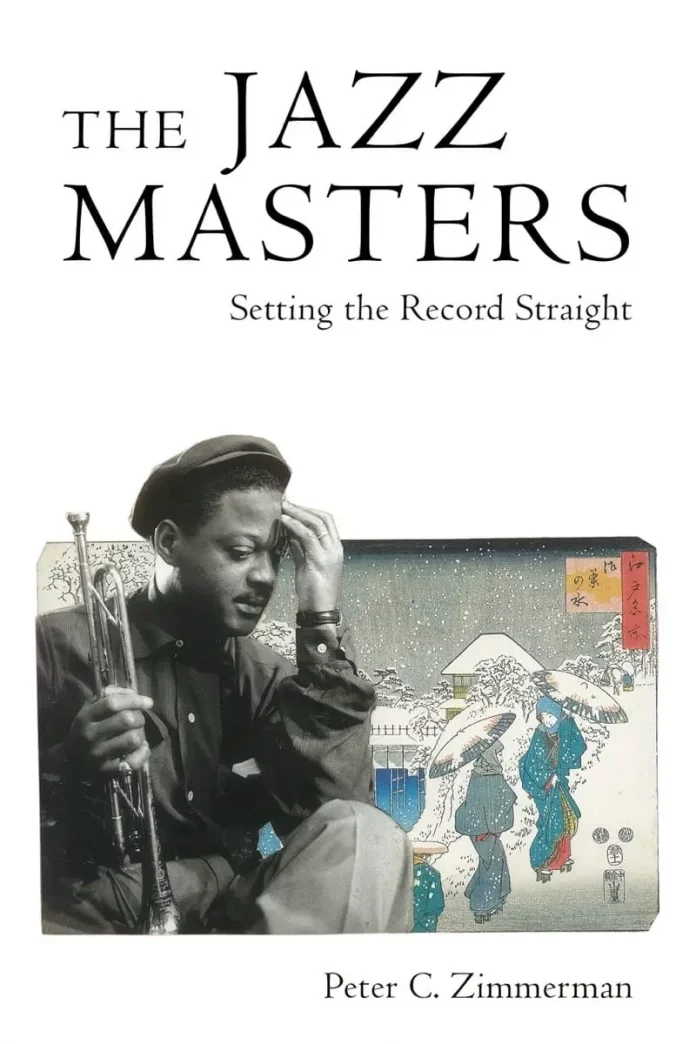In this invaluable book Peter Zimmerman presents the results of interviews, mostly recorded within the last 10 years, with 21 musicians born in the period from 1920 to 1948. He presents the interviews in great detail, including conversational trivialities which invite the reader fully into the situation.
Most of those interviewed respond well to his chatty approach and some take the opportunity to express their views and feelings at considerable length. On the other hand the two oldest, Clark Terry and Yusef Lateef, both born in 1920 and no longer with us, provide the least substantial sections. Terry was not well and offered only a handful of comments which were relayed by his wife. Lateef provides some interesting facts and opinions but they take up a mere two pages.
However, the more talkative people, who provide at least a dozen pages each, are Bill Crow (b.1927), David Amram (b.1930), Bob Cranshaw (1932-2016), Bobby Porcelli (b.1937), Brad Terry (b.1937), Jimmy Owens (b.1943), Valery Ponomarev (b.1943) and Steve Turre (b.1948). These evidently appreciated the opportunity to express themselves at length and I discovered that Porcelli has played his alto with all of the famous Latin bands on the fringes of jazz and that Brad Terry has played his clarinet with musicians ranging from Buck Clayton to Gillespie and is the leading jazz whistler. David Amram is expressive and articulate and provides what is perhaps the most rewarding section of the book. Steve Turre’s interview was the longest (18 pages) and has interesting reminiscences of his time with Roland Kirk.
Other people interviewed include the thoughtful Dick Hyman (b.1927), the humorously eccentric Ran Blake (b.1935), Clifford Jordan (1931-1993) who recalls experiences with Mingus and Dolphy, singer Sandy Stewart (b.1937) who has recorded with her son Bill Charlap, and baritone player Carol Sudhalter (b.1943) who is the sister of Dick and recalls being told (though not by him) that “saxophone is a men’s instrument”.
And of course I should mention Sonny Rollins (b.1930) who is succinct and obliging and comes up with the memorable statement that playing jazz should be “a lifetime path and a lifetime challenge”, which makes it all the more sad that he’s no longer able to play. The people in this book agree that retiring from playing would only happen if forced on them and, in capturing their devotion to playing and the satisfaction they derive from it, Peter Zimmerman, as I implied above, has made a very valuable contribution to jazz literature which I’m happy to recommend to all JJ readers.
The Jazz Masters – Setting The Record Straight by Peter C. Zimmerman. Jackson University Press of Mississippi, pb, 266pp, 34pp photos, selected discography, index. ISBN 978-1-4968-3743-1
















